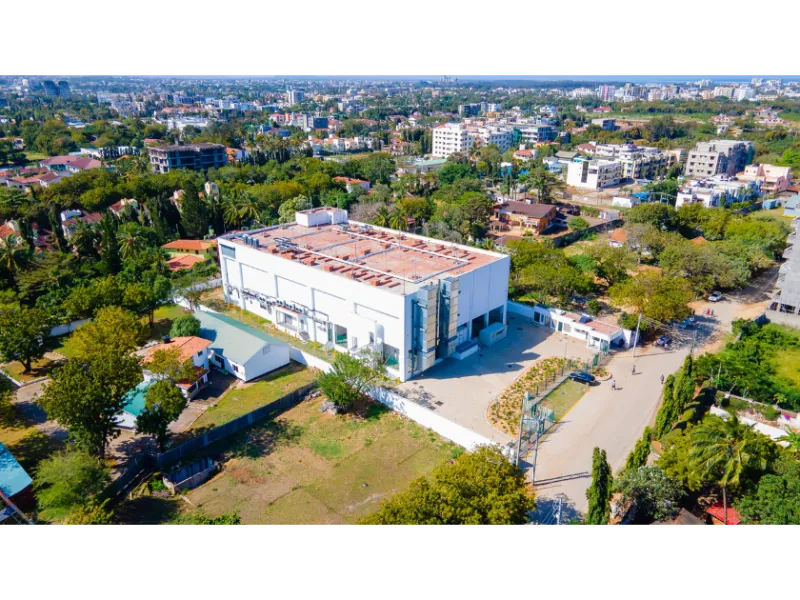- The Mozambique Internet Exchange launches a new point of presence at Digital Realty’s MPM1 data centre, enhancing local connectivity.
- This expansion improves local traffic exchange, reduces latency, and lowers internet service costs for users in Mozambique.
What happened: MOZIX launches new PoP at Digital Realty’s data centre
The Mozambique Internet Exchange (MOZIX) has launched a new point of presence (PoP) at Digital Realty’s MPM1 data centre in Maputo. This expansion enhances local interconnection capabilities, allowing networks to peer within Mozambique, which is expected to reduce latency and lower internet service costs.
Currently, MOZIX is the country’s sole internet exchange point, supporting over 150 Gbps of peak traffic across 19 peering members. Luís Neves Cabral Domingos, director of the Eduardo Mondlane Informatics Centre, highlighted that this move aligns with their mission to improve network efficiency and resilience. Digital Realty’s MPM1 facility hosts more than 15 network operators, serving as a carrier-neutral platform for local and international connectivity.
Also Read: Digital Realty and Schneider Electric complete data centre in Crete
Also Read: Digital Realty launches direct liquid cooling for high-density configurations
Why it’s important
The establishment of this new PoP marks a significant advancement for Mozambique’s digital infrastructure. By enabling local traffic exchange, this initiative addresses critical challenges related to connectivity and internet access in a country where just under 20% of the population is online.
As of early 2025, Mozambique had 6.9 million internet users, demonstrating considerable growth potential. The integration of MOZIX into Digital Realty’s Maputo data centre aligns with broader trends in the industry, where enhancing local infrastructure is essential for supporting digital growth and improving service quality.
This development not only fosters better connectivity but also reflects a commitment to building regional resilience in the face of increasing demand for internet services. Other African countries, such as Kenya and Nigeria, have similarly invested in internet exchange points to facilitate local traffic, indicating a pan-African trend towards improved digital infrastructure.
The success of this project could serve as a model for other nations in the region, potentially influencing policies that promote local peering and internet exchange, which ultimately benefits consumers with enhanced service quality and lower costs.

